On this day in 1948, the Synod of Bishops of the Russian Church Abroad prohibited to Prof. Zyzykin to participate at the first assembly of the World Council of Churches in Amsterdam.
Before the death of Metropolitan Anastassy in 1964, in relation to dialogue with non-Orthodox, the ROCOR continued in the spirit of the pre-revolutionary attitude of the Russian Church. In August 1920, Archbishop Evlogii of Volynia, with the blessing of the Supreme Church Authority of Southern Russia (the predecessor of the Supreme Church Authority Abroad), acted as a representative of the Russian Church to the preparatory conference on Life and Work to be held in Geneva.
At the First All-Diaspora Council on November 16/29, 1921, a report was heard from the Council’s Missionary Department headed by Bishop Seraphim (later of Boguchar), according to which one of the tasks of the Orthodox mission abroad was: “To manifest before people of other faiths in the diaspora the unfading light of Orthodoxy and the purity and the magnificent beauty of her truth.”
The Synod of Bishops directed Bishop Seraphim of Potsdam to participate in the 1937 Faith and Order and Life and Work meetings. The Synod of Bishops sent Bishop Seraphim of Potsdam to the second conference on the topic of “Faith and Order”, which took place in Edinburgh in 1937. In the same year, Bishop Seraphim, in his capacity as a representative of the Synod of Bishops, participated in the second Life and Work conference on “Church, State and Society.” Bishop Seraphim, in his report on the “Faith and Order” conference, judged it a good ground for missionary activity.
Discussing participation in the ecumenical movement at the Second Pan-Diaspora Council in 1938 the First Hierarch of the Russian Church Abroad, Metropolitan Anastassy stated:
“It happens that we are wavering between two dangers: defilement or a refusal to participate in the missionary work of confessing Orthodoxy. Which danger will prevail? We should start from positive propositions. The Church living in grace must continue missionary activity, through which it is possible to save some of those who are wavering. While there are leaders who are willing to depersonalize Orthodoxy, others, for example, youth, go to conferences in a genuine search [for the truth]. By comparing what they see and hear from their pastors with what they see and hear from the Orthodox shepherds, they will understand the truth. Otherwise, they will remain lonely. We hear positive responses from the heterodox about the participation of Bishop Seraphim at the conferences. We need also consider that the Anglo-Saxon world is in crisis and searching for the truth. Protestantism is also searching for a foundation. Also, we have a tradition of participation in such conferences that was established by the late Metropolitan Anthony. To avoid confusion, we should clarify the essence of this effort.”
During the World War II years, the center of the Russian Church Abroad was isolated in occupied Yugoslavia and no observers were dispatched to the inter-Christian gatherings.
In 1948, two conferences on “Faith and Order” and “Life and Work” were united into the World Council of Churches at its first assembly. In response to a question from Professor M. V. Zyzykin on whether he could participate in the Amsterdam congress, the Synod of Bishops replied (21 February 1948) stating that he could not be designated as a representative of ROCOR because the Synod had not received an invitation from Amsterdam, and because “we do not participate in the Ecumenical Council.”
Relevent Resources:
[The ROC & ROCOR Joined 2005 Declaration] On the Attitude of the Orthodox Church Towards the Heterodox and Towards Inter-Confessional Organizations, Historical Studies of the Russian Church Abroad.Andrei Psarev, “The Russian Orthodox Church Outside of Russia and the Ecumenical Movement: an Historical Evaluation 1920–1948,” Historical Studies of the Russian Church Abroad.
Andrei Psarev, Nadieszda Kizenko, The Russian Church Abroad, the Moscow Patriarchate, and Their Participation in Ecumenical Assemblies during the Cold War, 1948-1964.

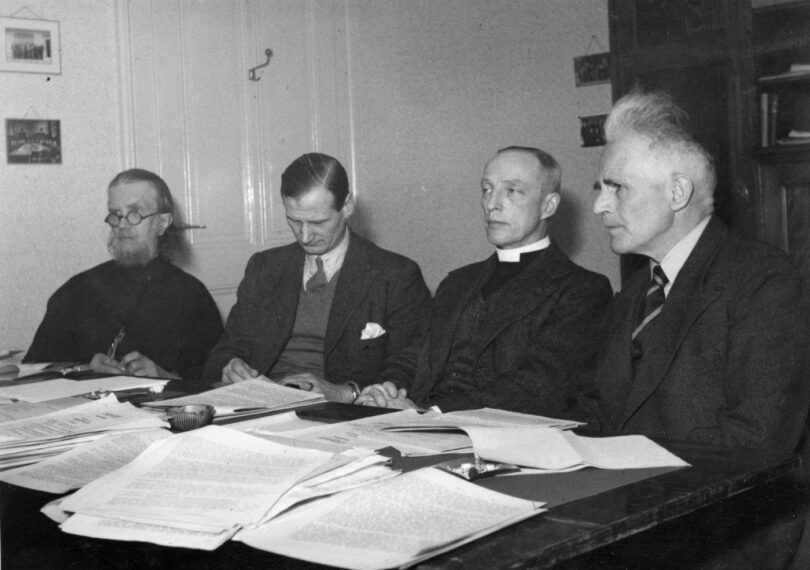

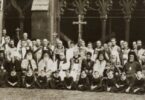


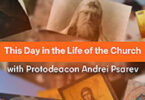

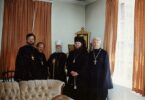


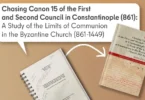
Es ist höchste Zeit, sich vom überall grassierenden Oekumenismus, dem Sammelbecken aller Haeresien, zu distanzieren.